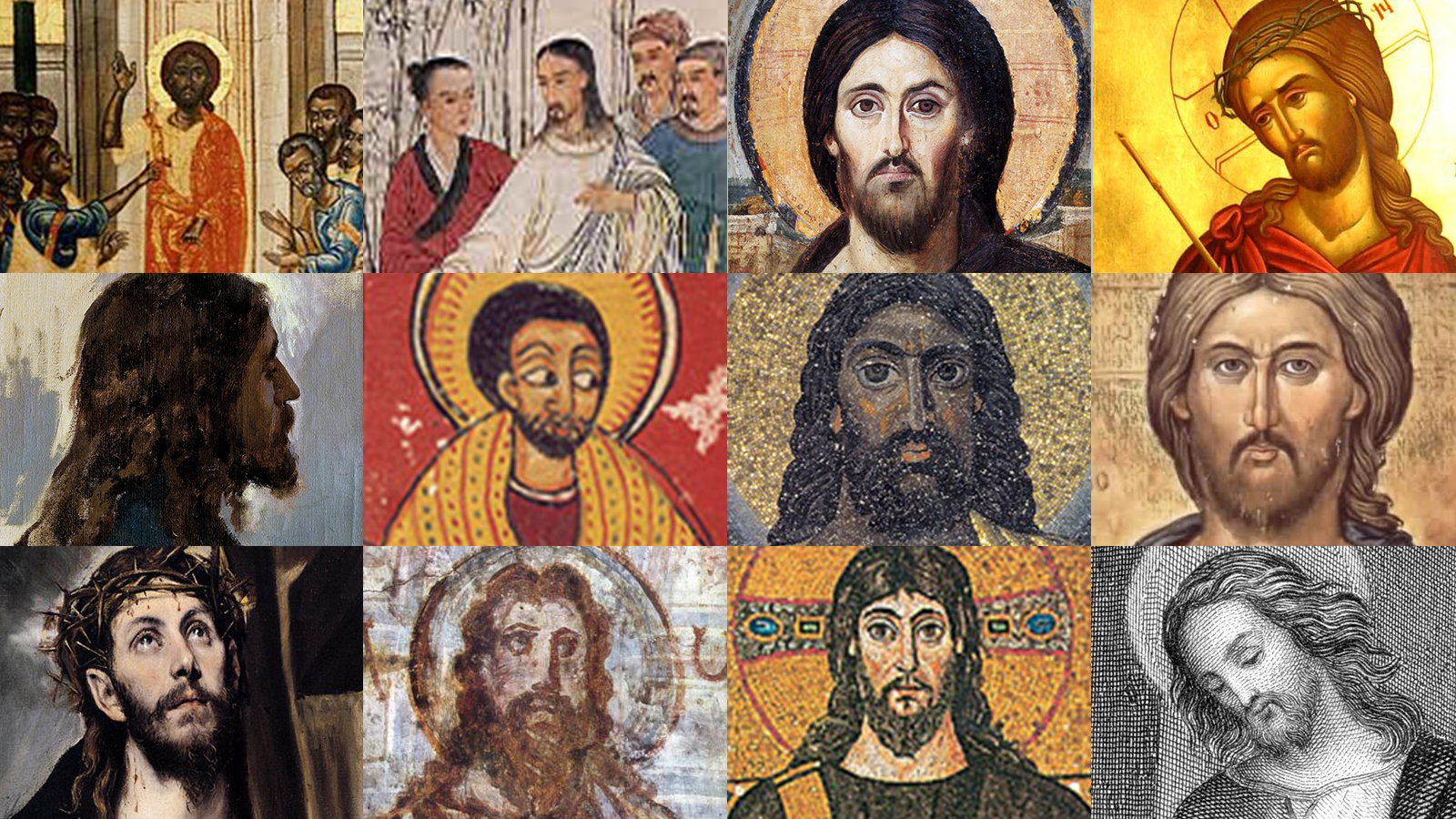The Word Made Flesh
Jesus of Nazareth wanted the world to come and see God’s love. The teacher, healer, and public truth teller died on Friday, aged 33.
(Note: “The Christ Obituary” was written in the style of The Economist’s obituary section and shared as a part of Palm/Passion Sunday worship on Sunday, April 10, 2022.)

In the beginning was the Word, and the Word was with God, and the Word was fully God. The Word was with God in the beginning. All things were created by him, and apart from him not one thing was created that has been created. In him was life, and the life was the light of mankind. And the light shines on in the darkness, but the darkness has not mastered it.
The true light, who gives light to everyone, was coming into the world. He was in the world, and the world was created by him, but the world did not recognize him. He came to what was his own, but his own people did not receive him. But to all who have received him – those who believe in his name – he has given the right to become God’s children – children not born by human parents or by human desire or a husband’s decision, but by God.
Now the Word became flesh and took up residence among us. We saw his glory – the glory of the one and only, full of grace and truth, who came from God. No one has ever seen God. The only one, himself God, who is in closest fellowship with God, has made God known
Jesus had a way of captivating people’s attention. For three years, Jesus traveled the Judean countryside. Did you hear the rumors that Jesus is on his way to your town? You had better tell your family and your friends to be ready at a moment’s notice. This you had to see with your own eyes. He gathered his followers from among those the world had spat out — fishermen and tax collectors and zealots, the sick and the disabled, men and women and children. He taught people how to live and how to love — generously and graciously and passionately.
Thousands of people came out to hear Jesus speak. As if his words were not compelling enough, rumors spread that he performed miracles — turning water into wine at a party (yes, please), multiplying food and water for the hungry (hallelujah). Apparently healings were even on the table, with stories of the blind, the paralyzed, and even the dead being given a new lease on life — most notably that dead guy.
Sure, these healing stories seemed unbelievable and were not nearly as pervasive as many were led to believe, but Jesus also proved to be a healer of the mind and the soul. Among his very closest followers, there was a sense that these were not mere miracles but “signs” of something deeper, something more important, something … divine even. The miracles were themselves messages that spoke of the goodness of God through texture and taste and satiation.
Not all attention is good attention, though, and Jesus soon drew the ire of religious leaders and politicians alike. A vision for the world where the last are first is actually quite threatening to the first who wish not to be last. A vision for a world in which the gates of God’s love have been thrown open is quite threatening to those who built the walls. And so they kept their enemy even closer than a friend, waiting patiently to pounce, until all patience had run out at which time they could not act quickly enough.
An overnight arrest and trial led to a morning execution. What had taken years of patience was over in a blink of an eye, most likely because the executed refused to fight back. Feeling the pot getting uncomfortably warm, Jesus chose in his final hours not to avoid death but to teach his followers how to live. He washed their feet, holding up service as their highest ideal. He comforted them, saying that God’s powerful personal presence would be with them. And he prayed that they would stay connected to one another and to God.
There are many other things that Jesus did. If every one of them were written down, I suppose the whole world would not have room for the books that would be written.
